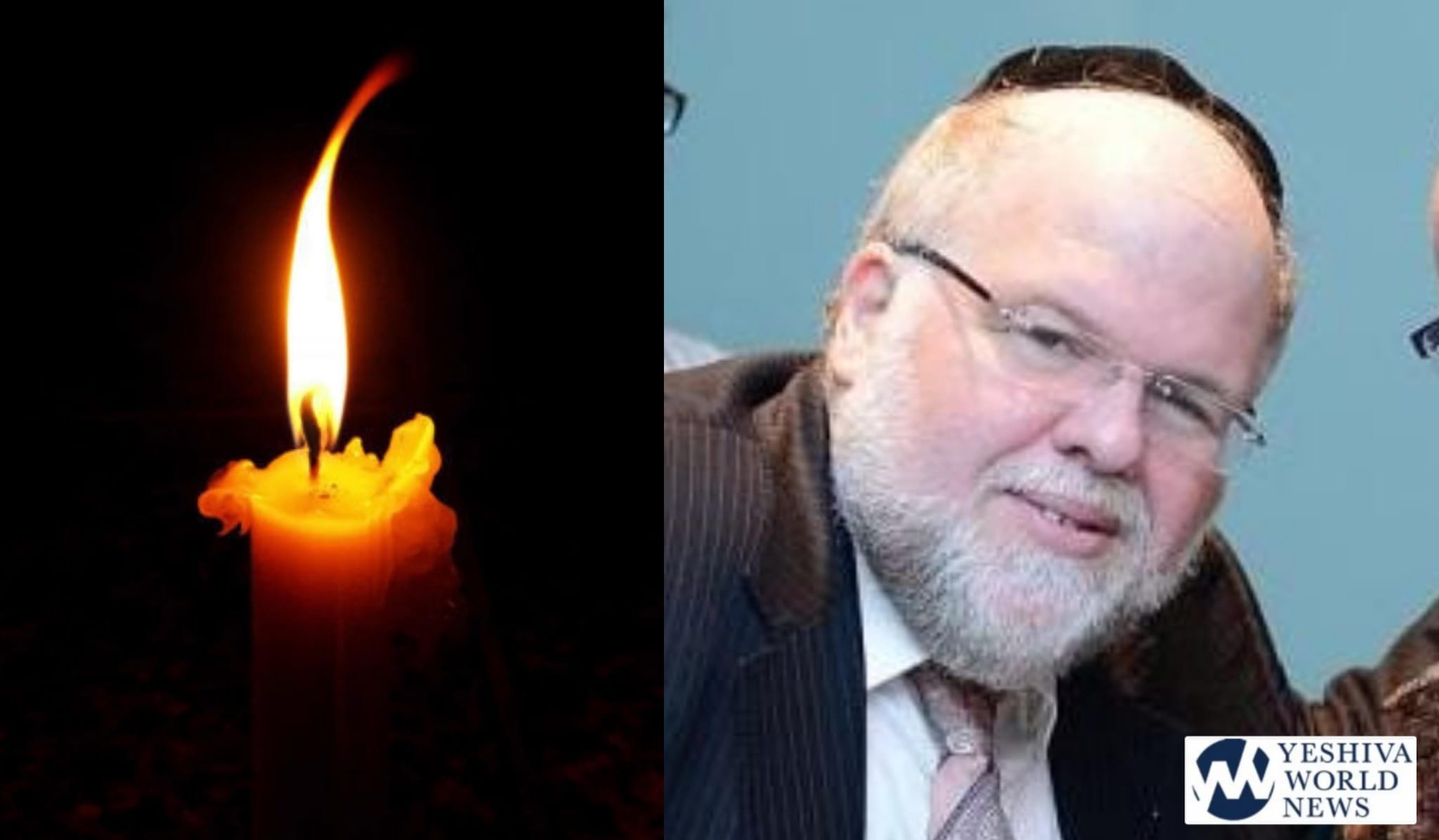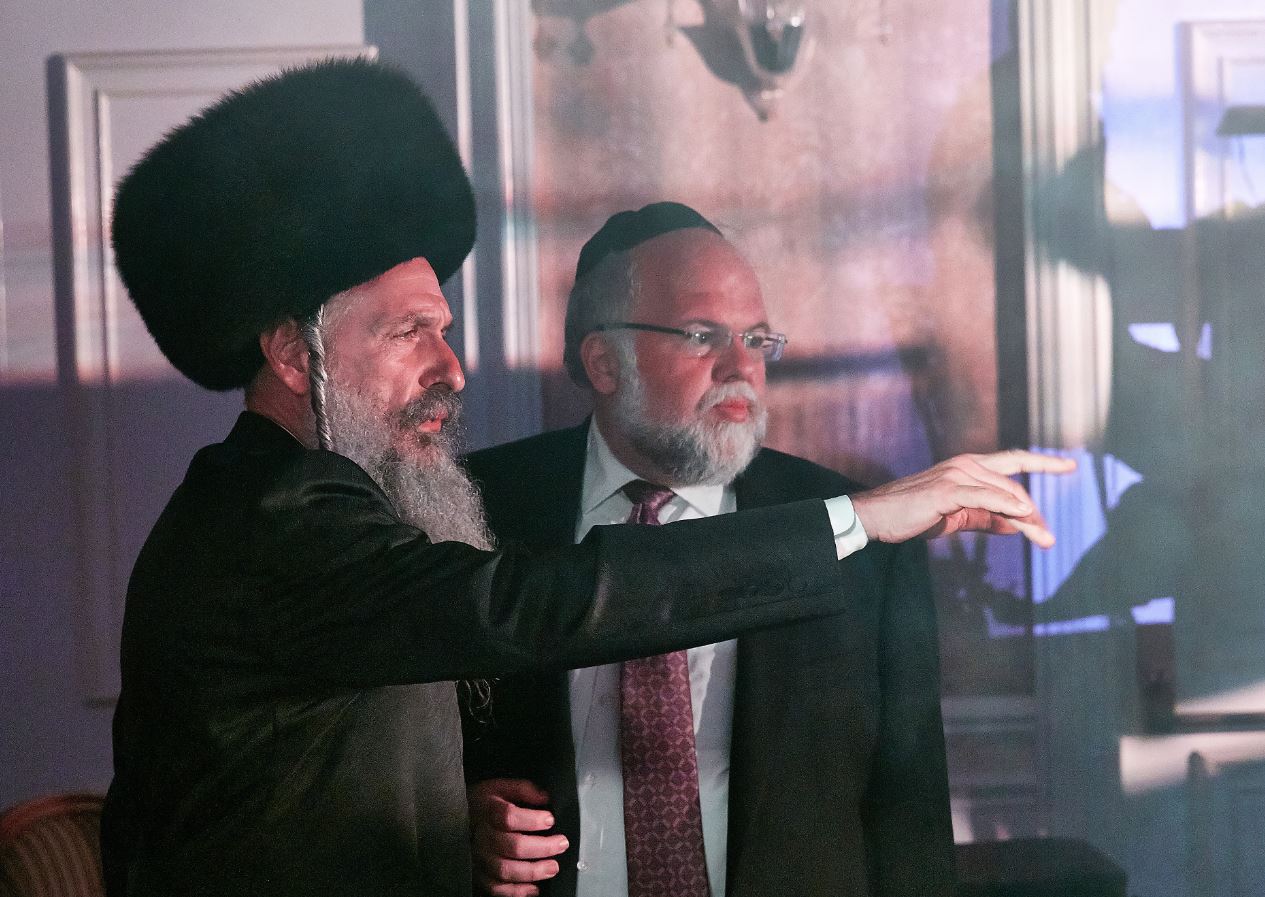YWN regrets to inform you of the petirah of R’ Sheya Mendlowitz, a music producer whose work heavily influenced the landscape of frum, bataamte music for four decades. He was in his 61.
A trailblazer and visionary in the music industry, he produced hundreds of music albums, including some of the greatest hits for Mordechai Ben David and Avraham Fried. He was was also the producer of 15 of the legendary HASC concerts, the first one of which took place 35 years in January of 1988 at the Lincoln Center, when Sheya was just 25 years old.
Sheya grew up in Flatbush, attending Yeshiva Torah Temimah as a child. His entry into the world of music came through his second grade rebbi, Rabbi Eli Teitelbaum z”l, who headed the original Pirchei Choir. Sheya joined the choir, appearing on the fourth Pirchei Choir LP, and later sang on the Sdei Chemed albums.
In 1979, he co-produced the Amudei Sheish Boys choir LP, then solo-produced the Amudei Sheish Wedding Album which was released the following year.
Sheya went on to produce Avraham Fried’s first solo album, entitled “No Jew Will Be Left Behind” in 1981. That same year, Sheya was involved with two of MBD’s releases: “Mordechai Ben David Live” (his first live album) and “Memories”, which was written in memory of his mother, A”H. Over the following years, Sheya and MBD jointly produced a number of hit albums together, including: his “MBD & Friends” (1987), “Mostly Horas” (1987), “Yisroel Lamm & The Philharmonic Experience” (1988), and “25 Years of Jewish Music” (1988). Sheya Mendlowitz went on to produce MBD’s “Simen Tov – Keitzad” (single album) (1989), and “The Double Album” (1990).
Sheya produced his first concert in 1981 at the Felt Forum in Madison Square Garden, featuring Mordechai ben David.
He was the composer of one of the most famous “Siman Tov U’Mazal Tov” tunes of all time – first sung by the chasunah of the Belzer Rebbe’s son – which is still used at Jewish weddings throughout the world.
Sheya had a special fondness for authentic Jewish music, and insisted on promoting it as much as possible.
“One thing I have tried to do is to preserve Jewish music. Everything is influenced by its surroundings and people try to take the rhythms of secular music and put Jewish words to it, but I wonder if that’s really Jewish music,” he said in an interview earlier this year. “So what I’ve tried to do is preserve the Jewish identity of the music. The stuff that’s lasted through time are the real old, old songs- the chasideshe stuff and the Carlebach stuff and the Modzitzer stuff, because if you take all the arrangements and extras out of it, you’re left with a beautiful, pure melody.”
Sheya suffered terribly from a slew of ailments and medical conditions the past few years. Incredibly, he never complained. As he was unable to walk the past few years, close friends made a Shul for him in his home where there Minyanim every Shabbos and Yom Tov. He always had a smile and a good word for everyone.
He was in and put of the hospital recently, and his condition deteriorated until his Petira early Friday morning.
The Levaya will be on Sunday morning at Shomrei Hadas on 14th Avenue and 38th Street.
Yehi Zichro Baruch.
(YWN World Headquarters – NYC)













4 Responses
Hashem needed a producer up in shamayim for Dedi
Sheya is a perfect example of one of those rare, admirable people who really made their time on earth count. He had challenges, and his time was too short—yet he made a huge impact on so very many Jews, through his lifetime of dedicated, creative work in Jewish music.
He was a father, a very funny guy, an instinctive baal chesed who’d help anyone in any way he could… and he helped bring good Jewish music into the lives of countless yidden. What a legacy.
BD”E
BDE sorry to hear this news. Sheya only produced quality stuff. Jewish music will miss him.
B.D.hE.
Great talents, wonderful career. W/ MBD etc.